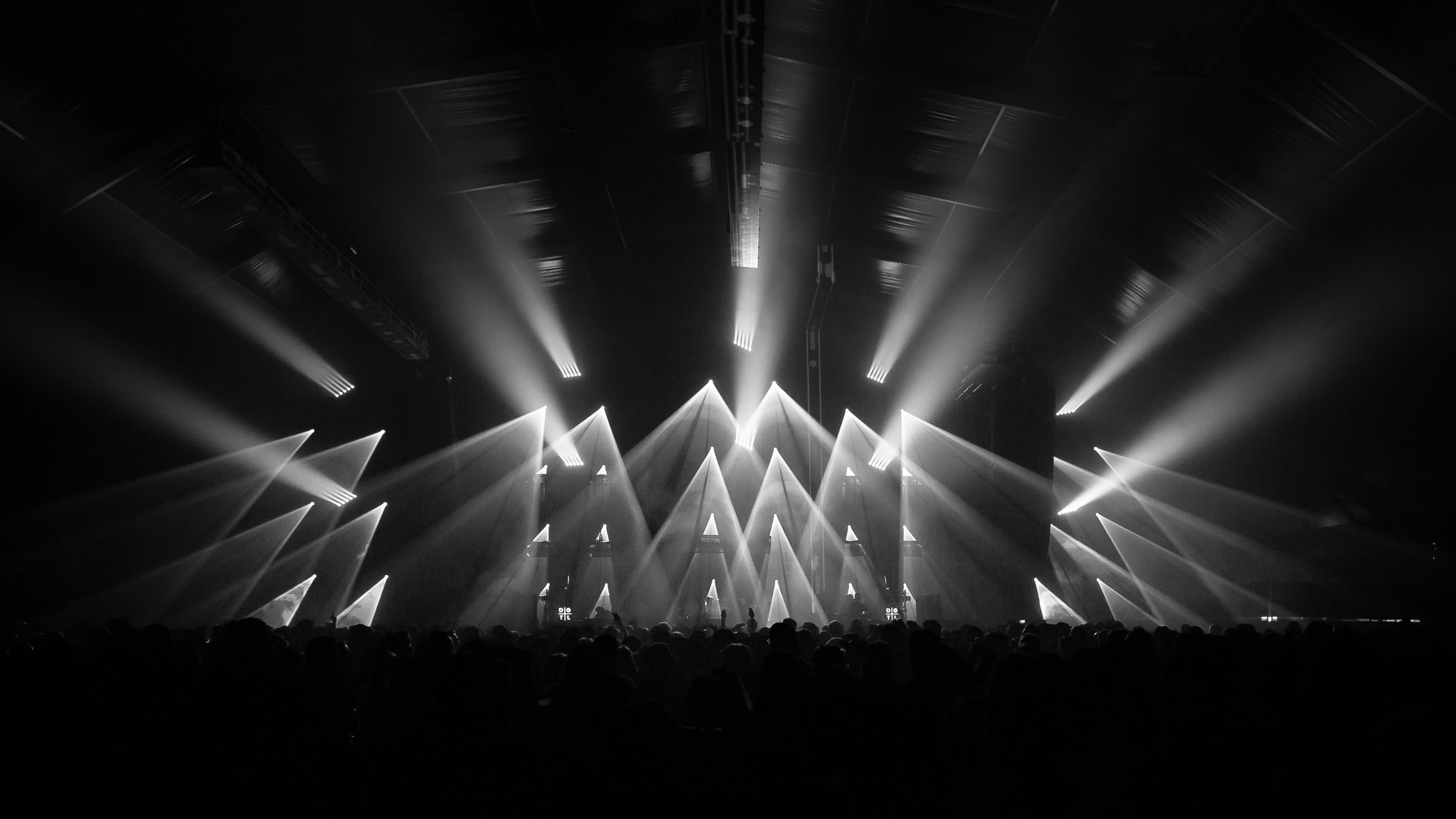

Waiting For Godot Tickets
Up to 30% Off Compared to Competitors.
Location: Select Location (e.g, New York)
Events Nearby
We're Sorry. There are currently no events near you.
About Waiting for Godot
As of 2023, Waiting for Godot continues to resonate with contemporary audiences, with various productions being staged globally. Recent adaptations have sought to reinterpret the play for modern contexts, often incorporating innovative staging techniques and multimedia elements to enhance its themes. For instance, a recent production in London utilized cutting-edge technology to immerse audiences in the desolate world of Vladimir and Estragon, emphasizing the play's exploration of isolation and existential dread. Additionally, festivals and theatre companies have celebrated the play's legacy with special events, discussions, and performances that honor Beckett's groundbreaking work. Scholars and theatre practitioners are also revisiting the text in light of current global issues, such as the ongoing search for meaning in a chaotic world, making Waiting for Godot relevant to contemporary societal challenges. The play's enduring impact is reflected in its continued inclusion in theatre curricula and its frequent revival in both amateur and professional theatre settings, demonstrating its timeless appeal and profound influence on the art form.
Waiting for Godot History
Waiting for Godot is a seminal work of theatre written by the Samuel Beckett, first premiered in Paris in 1953. The play, originally titled 'En attendant Godot,' is a prime example of the Absurdist movement, characterized by its exploration of existential themes and the human condition through minimalist dialogue and sparse settings. The narrative revolves around two main characters, Vladimir and Estragon, who wait for someone named Godot, a figure who never arrives. This central premise has sparked extensive analysis and interpretation, suggesting myriad philosophical insights into time, hope, and the nature of existence. The play's structure defies traditional narrative expectations, challenging audiences to confront the absurdity of life and the futility of waiting. Since its debut, Waiting for Godot has been translated into numerous languages and staged worldwide, influencing countless playwrights and redefining modern theatre.
